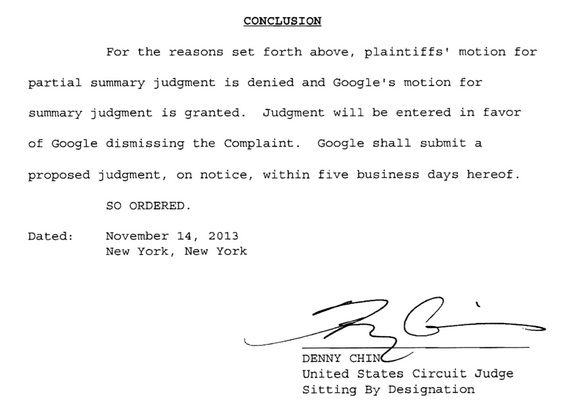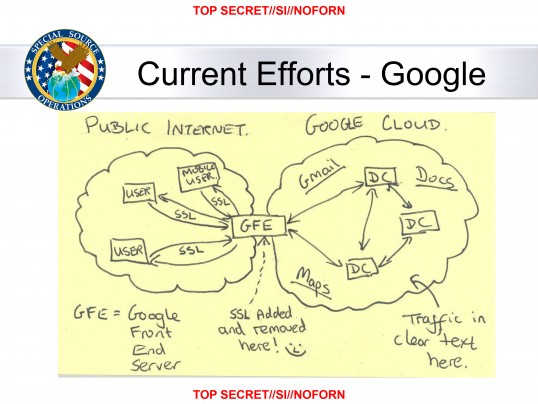Michael Wolff, biographer of Rupert Murdoch, has an amusing story in USA Today about recent developments the Digger’s private and public lives.
Try as he might, for the 15 years he’s been married to Wendi Deng, 39 years his junior, he has never wholly managed to effect a rapprochement between her and his adult children, who are, for Murdoch, the tent poles of his life. At the same time, he has found it hard to admit that his marriage was in difficulty, even as he and Deng increasingly lived apart.
It was Deng’s telling moment in the sun — stepping between Murdoch and a pie wielder when he was called, two years ago, to testify about hacking before Parliament — that he has told friends crystallized his anger. He realized he did not want her protecting him now — making him look old, he felt, and weak — or his legacy later.
So, according to Wolff, with the encouragement of his children, the Digger began planning his exit — his resolve aided by his closer monitoring of her personal life. In June, acting on new reports about her “involvement” with Google’s executive chairman, Eric Schmidt, he abruptly ended his marriage — to no one’s greater surprise than his wife’s.
Wolff reports that Murdoch is now a very happy bunny. He has a new business to run — the News Corp newspaper empire, which has been hived off and has $3B in the bank. He has bought a vineyard in California — everyone needs a hobby. But the really intriguing thing is that his “hurt feelings have been soothed by a new romantic interest, a younger woman who has been traveling with him — his massage therapist — who, he has told friends, has made him very happy”.
Wow! Who knew that the Digger had “feelings”? And, while we’re on the subject, one wonders how that “closer monitoring” of Ms Deng was accomplished. I’m sure that no phone hacking was involved. Perish the thought.
I hate to mention it, but the last dictator I recall being, er, soothed by a masseuse was the late Colonel Gadafi, who had a statuesque Ukrainian ‘nurse’ who went everywhere with him (but who also legged it the minute things got hot in Tripoli.)
I also hear, from an authoritative source, that Ms Deng’s new friend has bought a tasteful Georgian house in Clerkenwell.




